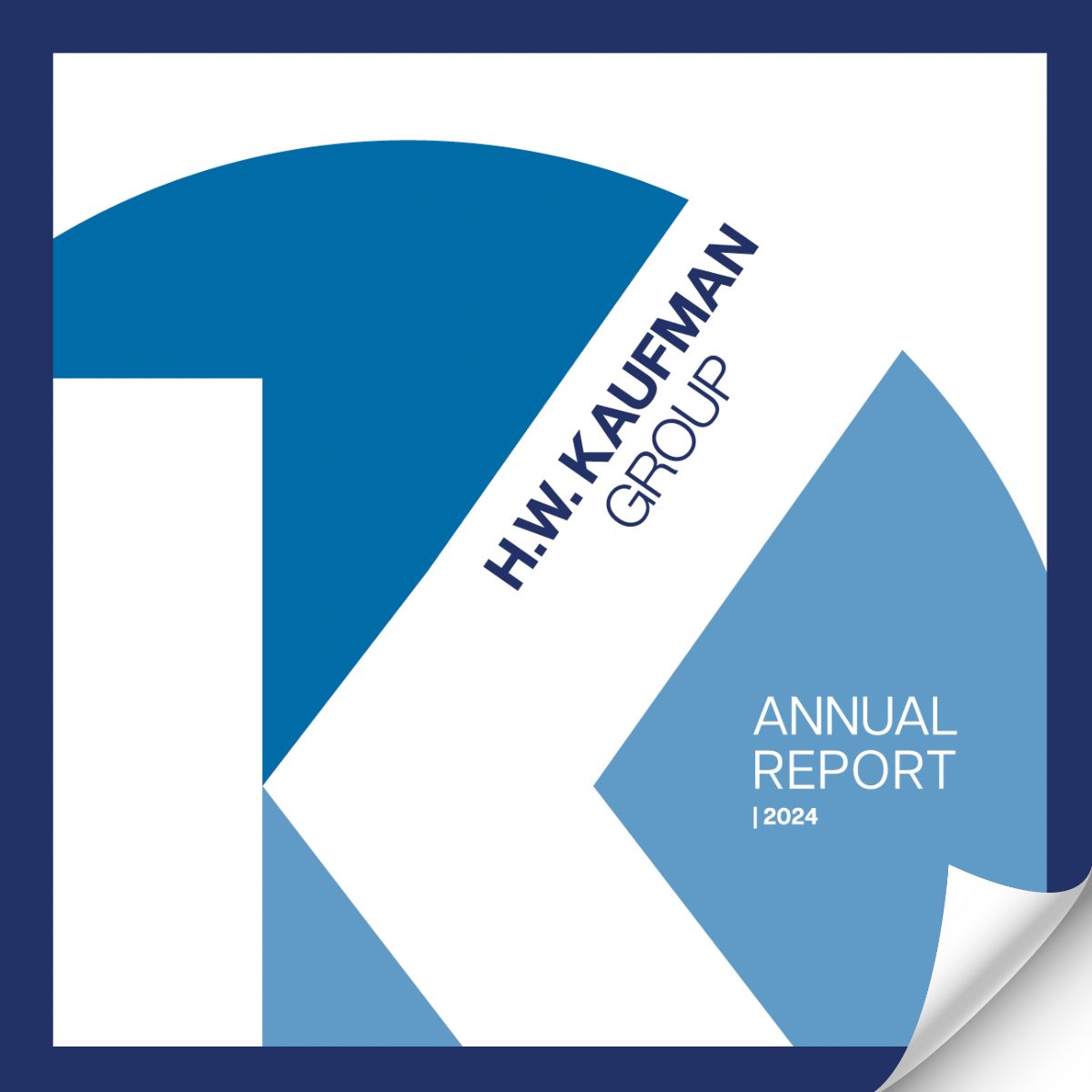A lawsuit filed Feb. 1 against the makers of the highly sought-after Stanley insulated cup accuses the company of failing to disclose the presence of lead in its popular tumbler. The lawsuit, brought by consumers in California and filed as a potential class-action case, claims Stanley parent company Pacific Market International concealed their use of lead in the tumblers until recently, Fox 40 reported.
Featured Solutions
“This could be a pretty big blow to their name brand,” said Steve Bartell, Senior Broker, Casualty, Burns & Wilcox Brokerage, Chicago, Illinois. “They are probably going to spend a fair chunk of change to rehabilitate their image and their brand awareness to show that their product is safe.”

If anyone did get lead poisoning, a claim could easily cost in the millions of dollars.
In addition to the California lawsuit, which seeks unspecified damages and for Stanley to stop its “deceptive” practices, suits have also been filed in Nevada and Washington state, according to reports. Some of the expenses from this type of lawsuit, such as legal defense and settlements, could be covered under a company’s Products Liability Insurance, depending on the policy and the specifics of the claim.
“If anyone did get lead poisoning, a claim could easily cost in the millions of dollars,” said Andrew Chen, Senior Broker, Commercial Insurance, Burns & Wilcox, San Francisco, California. “It is important for companies to make sure they are adequately covered.”
Lawsuits filed as tumbler sales surge
According to a January report from CNN, Stanley’s sales soared from $75 million to $750 million per year during 2023 as the brand’s stainless steel Quencher cups took off on social media. When a limited-edition Valentine’s Day tumbler was released at Target stores in January, customers lined up before stores opened and raced through aisles to purchase the cups, which quickly sold out, Fox Business reported.
While Pacific Market International is reportedly seeking a lead alternative for the tumbler component, no lead exposure injuries appear to have been reported. Experts say at-home lead-testing kits are not reliable and the lead risk from the current cups is “negligible” since that area of the cup is inaccessible, the New York Times reported Jan. 30.
In the absence of any reported injuries, “we really do not know how any insurance policies would respond to [the lawsuit] yet,” said Patricia Sheridan, Director, Ontario Commercial Insurance, Burns & Wilcox, Toronto, Ontario.
“It still could hurt their business if consumers do not want to buy their products anymore, but there may not be insurance coverage triggered by it,” Sheridan said. However, if the company chose to recall the cups over the presence of lead, or if the cups were affected by a governmental recall, its Product Recall Insurance could help pay for costs such as customer notification and replacing products. “If a Product Recall Insurance policy did respond, there could be some coverage for rebuilding their reputation, as well.”
False advertising claims, meanwhile, could be covered under a company’s Commercial General Liability (CGL) Insurance, Chen said. “These claims come up a lot,” he said. “With this one, it sounds like there was no actual bodily injury or damage so far that we know of, so it is more about false advertising, which could be picked up under a CGL Insurance policy.”

Even if there is no injury, they may try to rectify the situation by recalling all of their products so that it would not eventually result in a bodily injury or property damage, which could trigger their Products Liability Insurance policy.
Some companies may assume their CGL Insurance would cover recall expenses, but this is usually not the case. “They do not always realize that product recall coverage is not included, or it is only a very small sublimit,” Chen explained. “Our brokers highly recommend buying Product Recall Insurance in addition to the Products Liability Insurance.”
While a Stanley recall has not been discussed, companies facing this type of lawsuit may consider recalling products to avoid consumer injury claims moving forward, Bartell said. “Even if there is no injury, they may try to rectify the situation by recalling all of their products so that it would not eventually result in a bodily injury or property damage, which could trigger their Products Liability Insurance policy,” he said. “This is a very good example of those two types of policies going hand in hand for protection. If there is a design flaw or something that can create bodily injury, that is why a recall policy is there.”
Coverage for lead, punitive damages could be excluded
Growing awareness among consumers about various toxins could affect the risk landscape for product manufacturers. For example, new regulations and greater acknowledgment of PFAS or “forever chemicals” could mean companies face more lawsuits, Reuters reported in December. Litigation against chemical companies over drinking water pollution in the U.S. led to more than $11 billion in settlements last year, the publication noted.
In Canada, a government ban on certain single-use plastic items deemed “toxic” is still working through the court system, according to Resource Recycling, Inc.
“I think there is heightened awareness of what is in our food, what is in the materials we are drinking out of, and what is the chemical breakdown in plastic water bottles,” Bartell said. “I think individuals are more concerned about what they are consuming and ingesting.”
Companies are responsible for following all applicable regulations on the use of chemicals in manufacturing and insurance policies would generally exclude any known violations. “If there is a potential criminal act, an insurance policy is not meant to be covering that,” Bartell said. “If a company is not following the letter of the law or they did so knowingly, an insurance policy may deny [that claim] and not provide defense in that scenario.”
Product manufacturers should also know that Products Liability Insurance policies may exclude claims related to specific toxins, such as lead. “A lot of times, there will be exclusions for lead, asbestos, PFAS,” and more, Bartell said. “Another avenue is to look at what the definition of a pollutant is; generally speaking, lead would probably be considered as one [and could therefore be excluded]. It all depends upon how their policy is crafted.”
Exclusions for chemicals like PFAS are becoming more common, Chen explained. “We are seeing that a lot more often,” he said.
Another reason companies may not have coverage for the type of lawsuit Stanley is facing is that the suit seeks punitive damages, which could be excluded on Products Liability Insurance. In addition, some states do not allow punitive damages to be covered by insurance. “Punitive measures are looking to penalize the insured for doing something maliciously,” Bartell said. “A judge could say a company has shown repeated bad behavior and knowingly put individuals in harm’s way, so they are going to penalize them above and beyond the costs. It would be an add-on exclusion to some policies.”
Still, many insurance policies provide coverage for legal defense “regardless of whether or not there is potential coverage,” he pointed out. “Even if they had a lead or other exclusion, the policy could still be required to respond.”
Significant punitive damages are possible in situations where consumers are harmed, Chen added. “If someone could prove there was lead positioning, I could see the potential for multiple claims and it being very expensive. If someone has a birth defect, or an illness or death, that could easily be millions of dollars in payout and maybe even punitive damages if they lied or did not fully disclose the lead issue,” he said. “Companies should be very cautious when dealing with these toxins.”
‘Everybody’ involved in product could be pulled into lawsuit
Given the variety of risks a product manufacturer may face, it is important for these businesses to work with an experienced retail insurance broker, Sheridan emphasized. “They should have a good understanding of the company’s operations and their products so they can properly advise them on the coverage that they should have,” she said. “Certainly, for a manufacturer of products, Product Recall Insurance is a product they would need and of course a full CGL Insurance policy to cover their products and completed operations.”

[An insurance broker] should have a good understanding of the company’s operations and their products so they can properly advise them on the coverage that they should have.
These policies may also be necessary for other companies involved in the distribution and sales of a product. When something goes wrong with a product and consumers are at risk, “absolutely everybody would be pulled into a suit,” Sheridan said. “Regardless of their exposure, they should have adequate coverage for their completed operations,” she said.
Chen agreed: “Some companies may falsely assume that just because they are not the ones manufacturing the product — maybe they are just a wholesaler — that they do not need products coverage,” he said. “That is definitely not the case. Especially nowadays, these lawyers are going to bring in everybody involved in the whole manufacturing and selling process. That could certainly bankrupt a company if you did not have the proper insurance in place and you have to pay out all of those legal fees.”
A worldwide coverage endorsement, which can cover claims from outside of the U.S. that are brought back to U.S. courts, can also be beneficial, Chen said. Beyond that, according to Bartell, companies should confirm with their broker that they carry “enough coverage to protect themselves” as it relates to Products Liability Insurance limits.
“With social inflation, nuclear verdicts, and younger juries holding these companies more accountable than they may have in the past, the costs are increasing on payouts,” Bartell said. “Defense costs are also increasing. It is really important to have the amount of coverage they need to protect their assets.”







